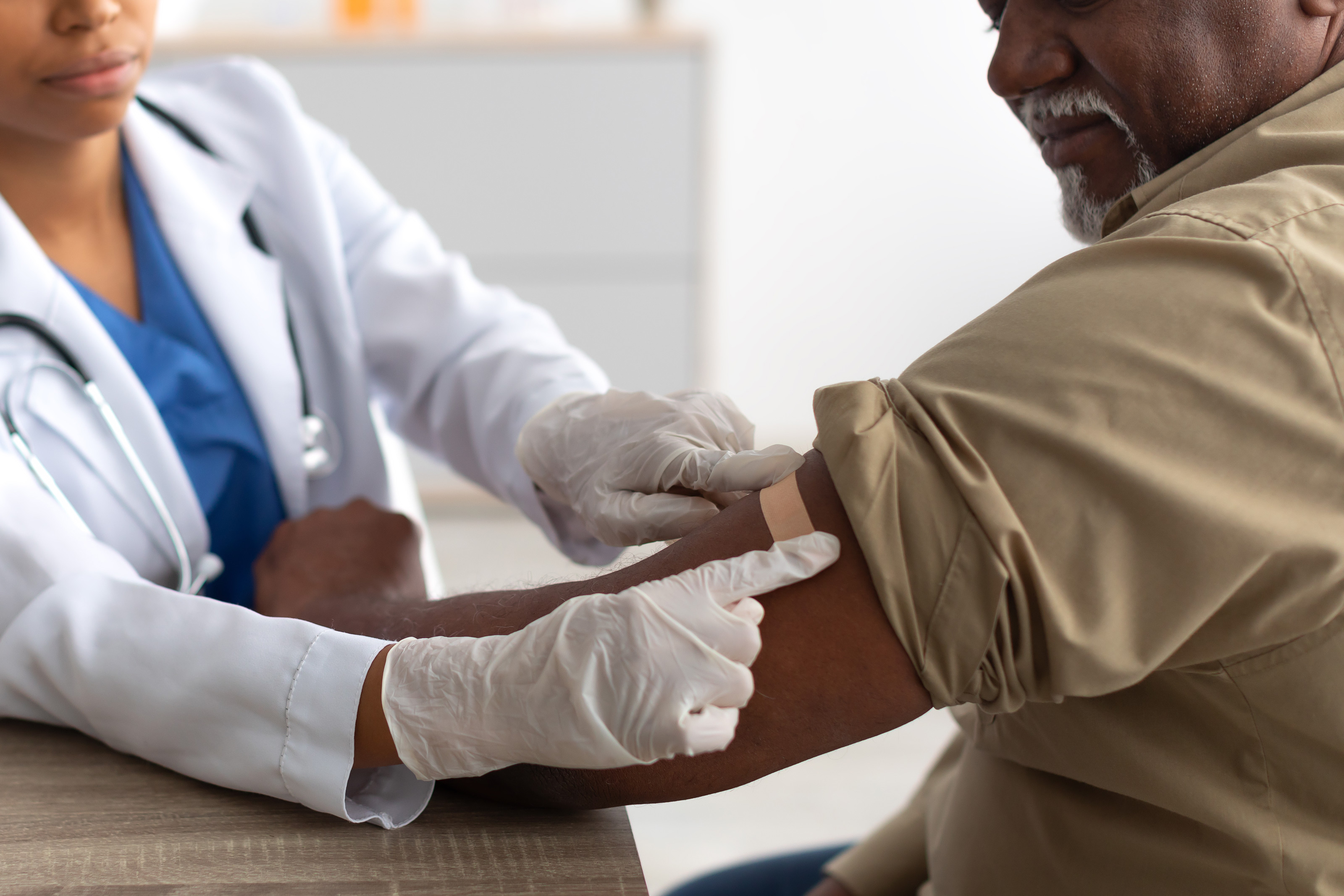More than 25 years after the first federal mental health parity protections were put in place, adequate coverage for behavioral health care remains elusive. This brief explains the federal behavioral health parity requirements and sets out key policy issues.
Of the 800,000 Medicaid enrollees aged 12 to 64 with a diagnosed stimulant use disorder in 2019, about 20% were in states that now have approved 1115 Medicaid waivers for contingency management services.
In the 2024-2025 school year, 18% of students utilized school-based mental health services. This issue brief explores the landscape of mental health services, including services offered, utilization, barriers, and funding, as well as recent federal actions.
Nationwide, an estimated 52 million nonelderly adults live with mental illness, and Medicaid covers nearly one in three (29%) of them, or about 15 million adults.
Medicaid covers 47% of all nonelderly adults with OUD and is the primary coverage source among those receiving treatment services. This brief offers a look at what federal Medicaid spending cuts could mean for this population.



